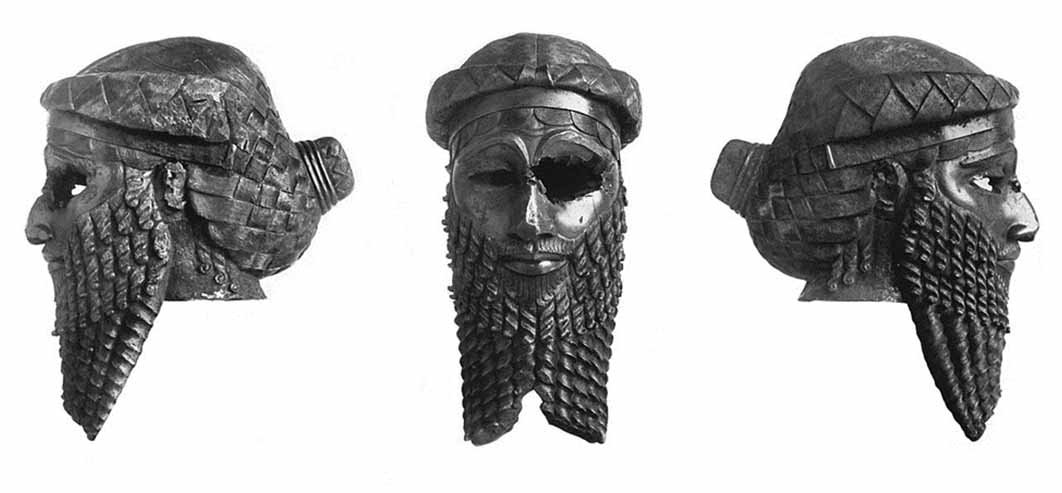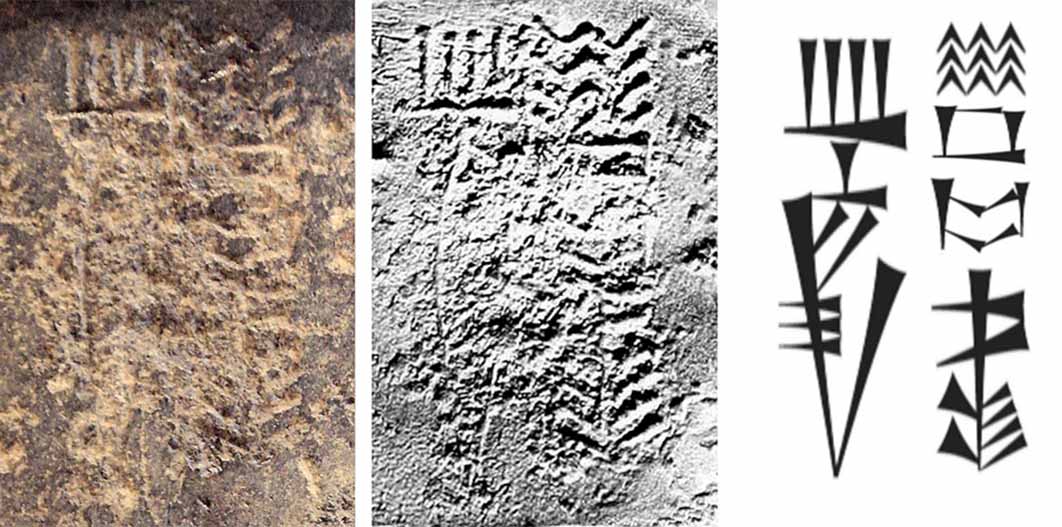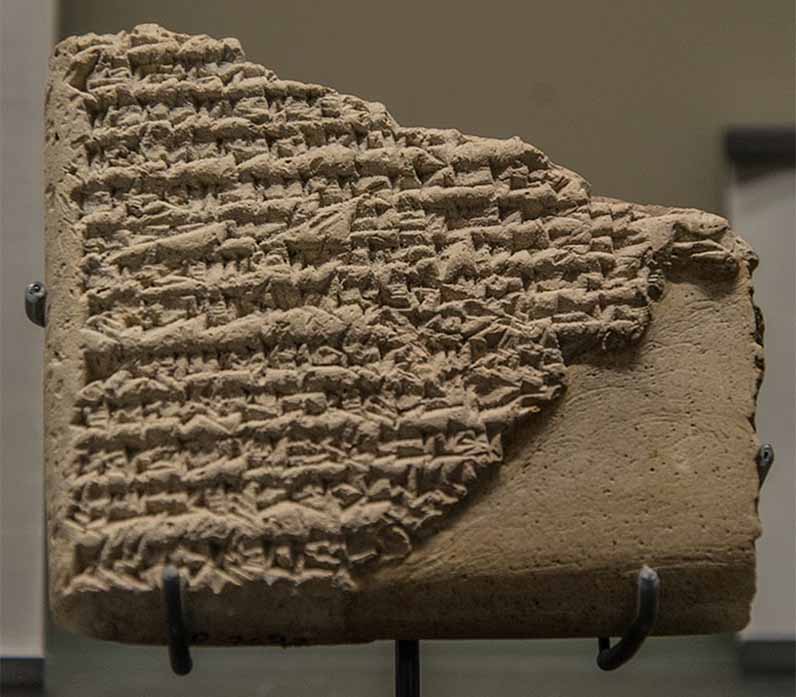
King Sargon Of Akkad As The Second-Coming Dumuzi
Sargon the Great of Akkad (fl. c. 2370-2314) is one of the greatest heroes of ancient Mesopotamian history, the one who founded the Akkadian Empire (c. 2370-2190), the very first world empire. The Akkadian myths and legends reflect the folkloric motifs that had over time been associated with these mighty god-kings, among which their view of Sargon as the Dumuzi who had returned. They provide an insider’s view of the popular traditions that arose from the speculative thinking of that time. What is also of particular importance is the cultic practice of the sacred marriage. Sargon’s birth is linked to that cultic ritual, which explains why he was regarded in such strange and exceptional terms.
Story of the birth of Sargon (early second millennium BC) Louvre Museum. (0x010C / CC BY-SA 4.0)
Sargon’s Birth Legend
The first great ruler of the Akkadian Empire and founder of the Akkadian imperial dynasty was Sargon the Great. His name was written as Sarru kenu, meaning “true, rightful king”. A life-size bronze portrait head, believed to be a representation of him, was found at Nineveh. It shows him as a typical Semite with a bearded face which stands in stark contrast with the clean-shaven faces of the Sumerian rulers.
The narrative of the legend of Sargon’s birth is of vital importance. Although the available texts, on literary grounds, are dated later than c. 2039 BC, there is good reason to believe the story had already been known in Akkadian times. For example, the compiler of the Sumerian King List must have had knowledge of this story as he recorded some details of it in a note, namely the part telling that Sargon was raised by a “date grower”.

"King Sargon" (Šar-ru-gi lugal) on the Victory stele of Sargon (CC BY-SA 2.0)
The Sargon birth legend was written as an autobiography, with the king himself telling the story of his own birth: “Sargon, strong king, king of Agade [Akkad], am I. My mother was a high priestess, my father I do not know… My mother, a high priestess, conceived me, in secret she bore me. She placed me in a reed basket, with bitumen she caulked my hatch. She abandoned me to the river from which I could not escape. The river carried me along; to Aqqi, the water drawer, it brought me. Aqqi, the water drawer, when immersing his bucket lifted me up. Aqqi, the water drawer, raised me as his adopted son. Aqqi, the water drawer, set me to his garden work [that is, cultivation of the date palm]. During my garden work, Ishtar loved me (so that) 55 years I ruled as king.”
According to this legend, Sargon’s mother was a high priestess. This means that she, and as a consequence Sargon as well, was of royal descent. As part of her duties the high priestess had to participate in the sacred marriage rituals, making it quite obvious and logical to assume that Sargon was born from such a ritual union. Under normal circumstances, this would mean that his father was a king. The question then begs as to why his mother would bear him “in secret” and then abandon him into a river.
One sensible explanation would be that there were conflicting claims to the throne, which put his life in danger. If a new king rose to the throne after Sargon’s mother fell pregnant with him, such a king might well have regarded a male child born from the sacred marriage as a threat to his own claim. This would explain why Sargon was, in accordance with the meaning of his name, seen as the “rightful king”. The story makes perfect sense if a pretender king usurped the throne with Sargon having viewed himself as the rightful heir and the one to whom the throne rightfully belonged.





